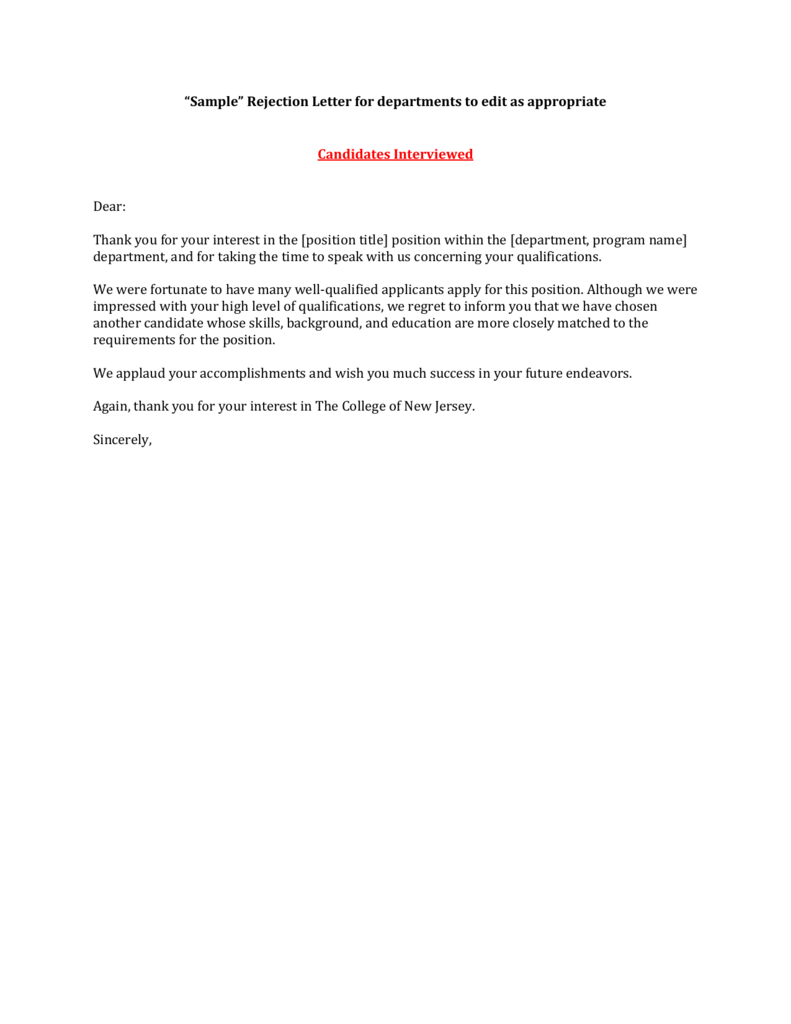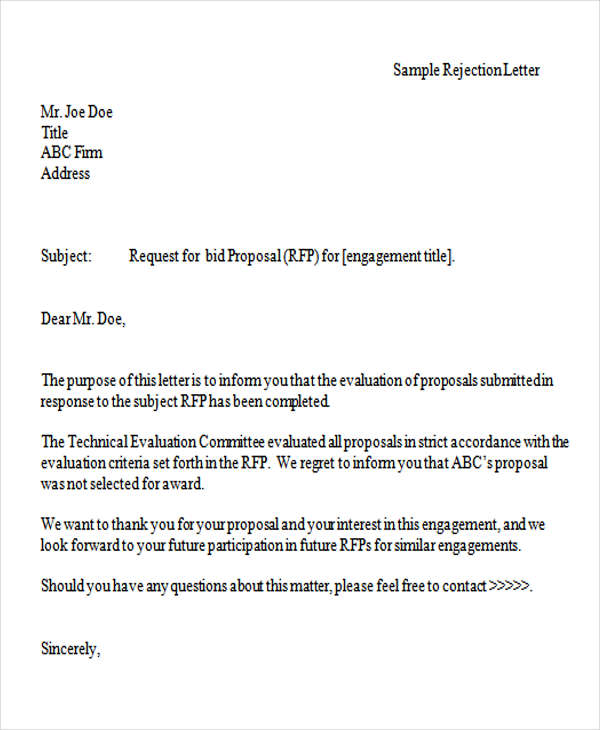

Additionally, “regrettably” is more formal than “unfortunately,” making it more appropriate in some contexts. “Regrettably” is is a good replacement for “unfortunately” when you want to emphasize that you feel sorry about the outcome. I’ve forwarded your issue to my superiors. As it turns out, I don’t have access to the files you’re requesting.As it turns out, we can’t offer refunds on items beyond 90 days. Here’s how you can use “as it turns out” in formal contexts: “As it turns out” avoids both of these issues. Using negative language risks someone feeling more negatively about the outcome of a situation than they might otherwise.Īdditionally, “unfortunately” is making a judgment call that the unexpected outcome is also unwanted. One potential weakness with “unfortunately” is that it’s negative. The outcome isn’t necessarily good or bad, just different. “As it turns out” is a phrase you use when the outcome is different than what was expected. This can help to soften any bad news or help to avoid making any sort of judgment call on the news.

The preferred option is “as it turns out.” “As it turns out” is neutral it’s neither inherently positive nor inherently negative. Here are the words and phrases we’ll be exploring in this article: There are a lot of ways to preface bad news in English. In this article, we’re going to go over some useful alternatives to “unfortunately.” What Can I Write Instead Of “Unfortunately” In Formal Emails? While there’s nothing wrong with saying “unfortunately,” it may not always be the best choice for formal emails. “Unfortunately” is a word we use to preface bad news or bad luck.


 0 kommentar(er)
0 kommentar(er)
